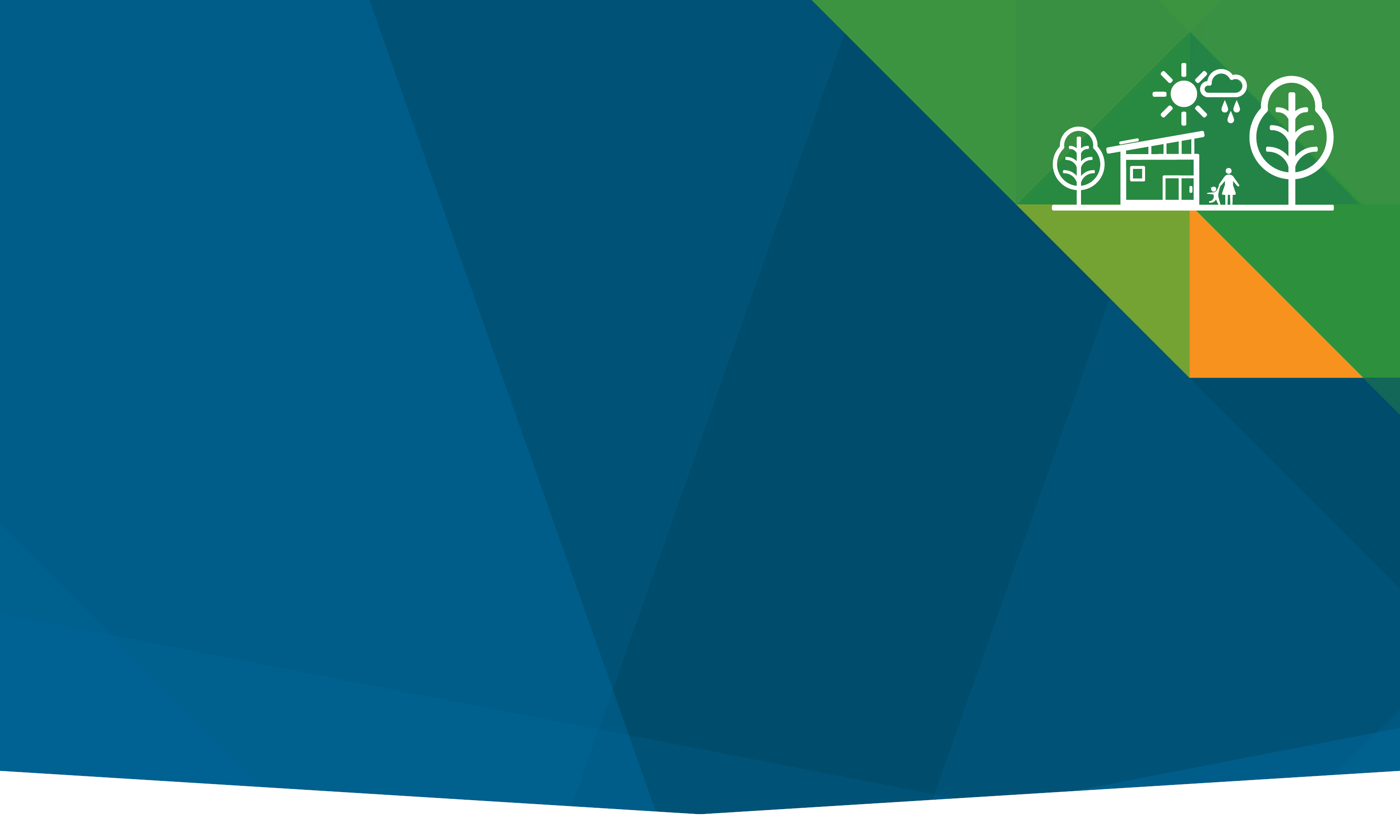

Stormwater Quality Improvement Devices (SQIDs) tell a story
What goes down the drain can end up in our waterways.
Sediment, litter and other pollutants are washed down the drain after storm events and if not managed adequately, end up in our local waterways and on our beaches.
Council is legally required to implement effective stormwater management to meet water quality objectives and to protect downstream rivers, creeks and other waterbodies in line with corporate values and objectives.
To prevent gross pollutants entering the stormwater network, Stormwater Quality Improvement Devices (SQIDs) are installed underground. They perform like giant sink strainers, interspersed across our underground network, capturing litter before it enters our waterways.
Council partners with an external contractor to maintain and collect the data and analyse what is found in the SQIDs. Volume (how full), measurements of organic matters, and waste and sediment are recorded.
The analysis of the debris being captured by SQIDs assists in delivering targeted education campaigns for pollutant hotspots.
A major litter type found in the SQIDs is cigarette butts. Through this program, cigarette butt litter hotspots are identified. As a result, council has partnered with the Queensland Department of Environment and Science to undertake a cigarette butt litter intervention program at Tickle Park, Coolum.
SQIDs are considered the quiet achievers in reducing litter and debris from entering our stormwater network.
You may also be interested in
Flooding and stormwater
Flooding occurs when water flows over land that is normally dry. Stormwater is runoff from rainfall.
2. A better built environment through sustainable design
Embed sustainable, liveable and affordable design into our built environment.
Policy positions
Our policy positions give a clear direction of council's intent.